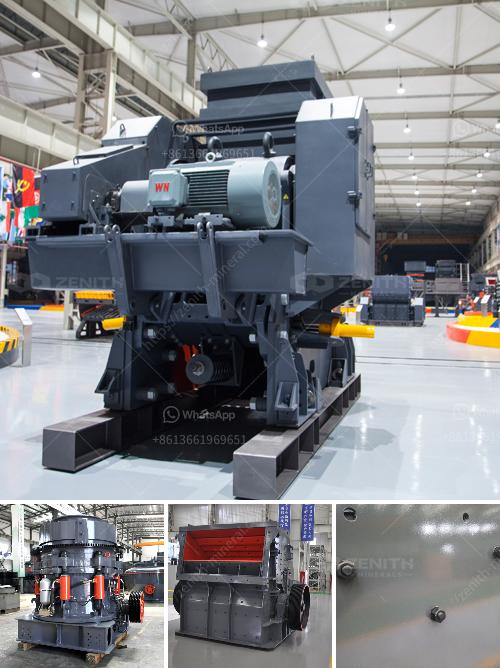Developing a stone quarry involves several steps. Here’s a general outline:
-
Market Research and Feasibility Study:
- Analyze the demand for the type of stone you intend to quarry.
- Study local regulations, environmental impacts, and potential profitability.
-
Site Selection:
- Identify potential sites with high-quality stone deposits.
- Evaluate the site's accessibility and proximity to transportation networks.
-
Legal and Permitting:
- Obtain necessary licenses and permits, which may include environmental permits, land-use permits, and mining permits.
- Engage with local authorities, environmental agencies, and communities to address concerns and requirements.
-
Financial Planning:
- Develop a detailed business plan including initial funding, operational costs, and projected revenue.
- Secure financing through investors, loans, or personal capital.
-
Environmental and Safety Assessment:
- Conduct environmental impact assessments to understand and mitigate the effects on local ecosystems.
- Develop health and safety plans to protect workers and comply with regulations.
-
Infrastructure Setup:
- Prepare the site by clearing vegetation, accessing roads, and setting up necessary facilities (offices, machinery storage, etc.).
- Install essential utilities such as water, electricity, and waste management systems.
-
Equipment and Staffing:
- Acquire the necessary quarrying equipment like drilling rigs, crushers, loaders, and trucks.
- Hire skilled labor such as geologists, engineers, machinery operators, and safety officers.
-
Operational Plan:
- Develop an operational plan detailing the quarrying process, including drilling, blasting, cutting, hauling, and crushing.
- Implement a schedule for extraction, processing, and delivery.
-
Environmental Management:
- Establish procedures for managing dust, noise, and waste.
- Plan for rehabilitation of the quarry site post-extraction.
-
Marketing and Sales:
- Develop relationships with buyers such as construction companies, tile manufacturers, and retailers.
- Create marketing materials and a sales strategy to promote your stone.
-
Ongoing Management and Monitoring:
- Regularly monitor operations for efficiency, safety, and environmental compliance.
- Adjust operations based on market demands, regulatory changes, and technological advancements.
Consult with experts at each stage to ensure compliance and efficiency.


